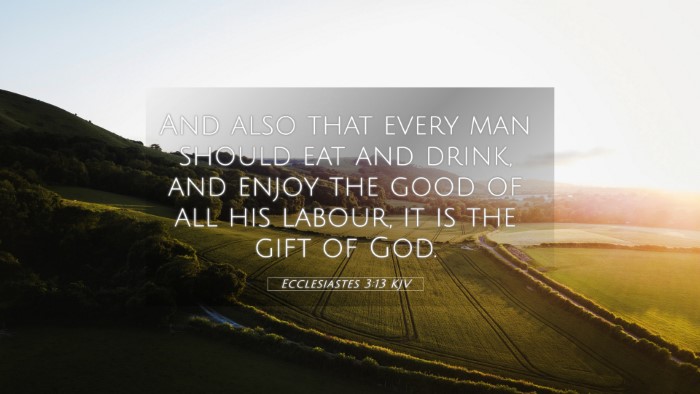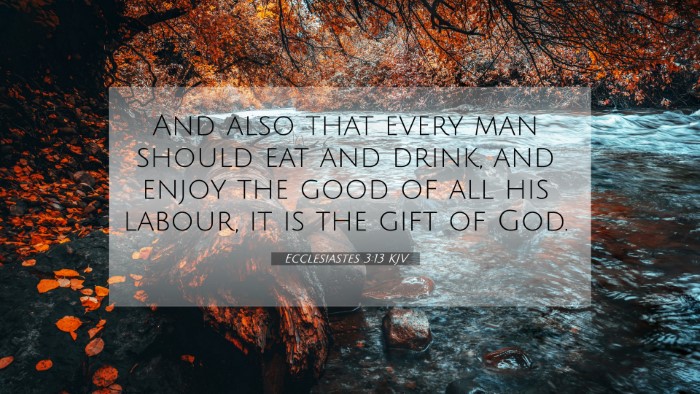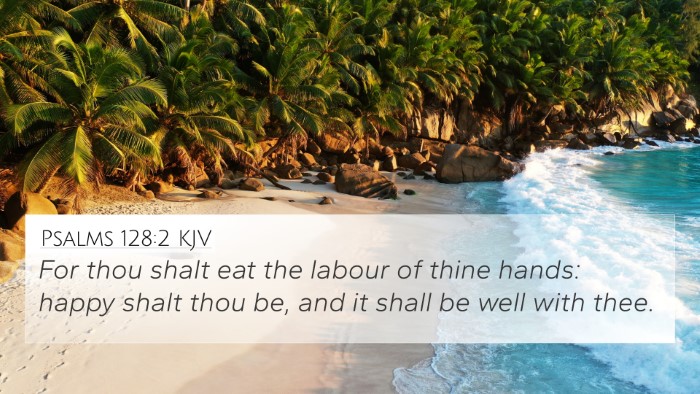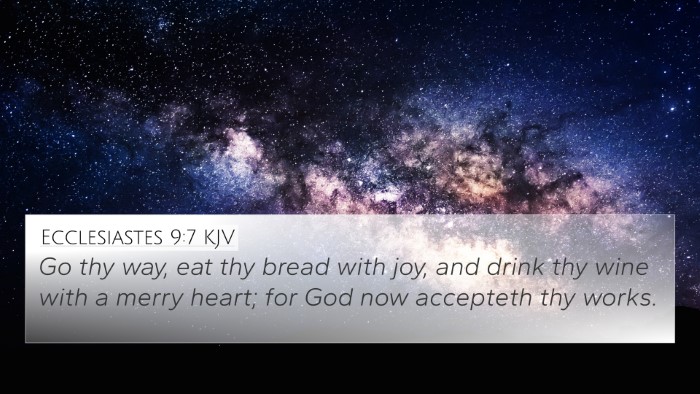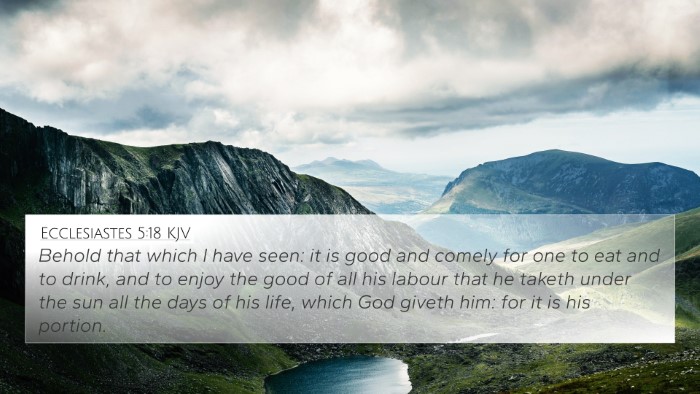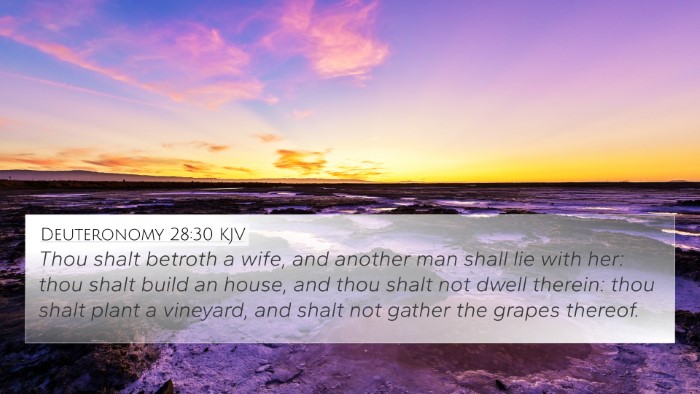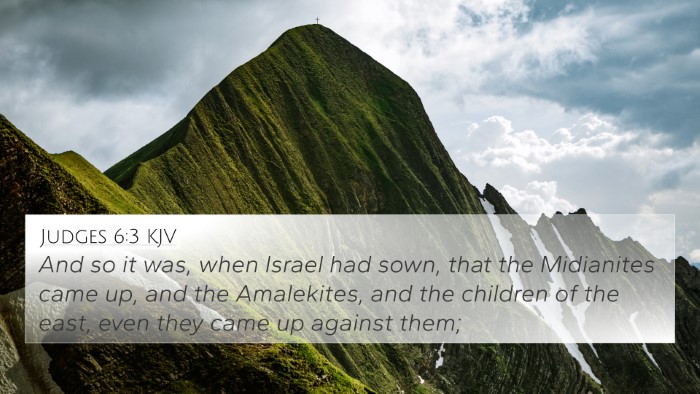Understanding Ecclesiastes 3:13
Ecclesiastes 3:13 states:
"And also that every man should eat and drink, and enjoy the good of all his labor, it is the gift of God."
This verse encapsulates a significant theme in the Book of Ecclesiastes, which speaks to the human experience, the enjoyment of life, and the acknowledgment of God’s sovereignty in our daily endeavors.
Summary of the Verse's Meaning
The essence of this verse is to highlight the importance of finding joy in the simple pleasures of life—specifically, eating, drinking, and enjoying one's work. It suggests that these experiences are not merely the result of human effort but are gifts from God. The notion of labor being a divine gift ties into broader theological themes regarding God's providence and the transient nature of earthly life.
Insights from Commentaries
- Matthew Henry: Henry emphasizes that the enjoyment of life’s bounties is a divine blessing. He suggests that the ability to appreciate the fruits of one’s labor reflects a state of grace and acknowledgment of God’s goodness. The significance of recognizing God as the source of these gifts is integral to truly enjoying life.
- Albert Barnes: Barnes points out that this verse teaches a balanced view of labor and leisure. He advocates for the idea that while hard work is essential, one must also take time to relish the gifts that come from work. He interprets the verse as guidance to enjoy the present and not to be overly consumed by future uncertainties.
- Adam Clarke: Clarke reflects on the notion that this enjoyment is a form of wisdom. He argues that acknowledging enjoyment as part of God’s design for humanity leads to a more fulfilling life. For Clarke, the verse portrays an intrinsic connection between labor, enjoyment, gratitude, and spirituality.
Connecting Themes and Cross-References
This verse can be linked to several other biblical passages that explore similar themes of enjoyment, labor, and God’s gifts. The following cross-referenced verses reinforce the teachings of Ecclesiastes 3:13:
- 1 Timothy 6:17: Inviting us to enjoy God’s provisions while being mindful of our responsibilities.
- Psalm 128:2: "For you shall eat the fruit of the labor of your hands; you shall be blessed, and it shall be well with you."
- Proverbs 15:17: “Better is a dinner of herbs where love is than a fattened ox and hatred with it,” highlighting that joy in simple things is essential.
- Psalm 104:14-15: Describing how God provides for the needs of His creation, showing that earthly pleasures are gifts from Him.
- James 1:17: Reminding believers that every good gift and perfect gift is from above, connecting life’s pleasures back to God.
- Philippians 4:11-12: Paul speaks about contentment regardless of circumstances, resonating with the call to enjoy the moments of life.
- Ecclesiastes 2:24: Preceding verse where Qoheleth (the Author of Ecclesiastes) stresses that nothing is better for men than to rejoice and do good in their lives.
Thematic Bible Verse Connections
The thematic analysis of Ecclesiastes 3:13 encourages readers to see how the Bible often reiterates the importance of joy amidst labor. This verse stands as a testament to numerous biblical connections, reinforcing the notion that life should be enjoyed as a fleeting but divine gift.
Tools for Bible Cross-Referencing
To explore further, several tools can aid in cross-referencing biblical texts:
- Bible Concordance: A useful resource for finding verses related to specific keywords.
- Bible Cross-Reference Guide: Helps to discover thematic links between various verses.
- Cross-Reference Bible Study: A methodical approach for delving into interconnected scriptures.
- Bible Reference Resources: Provides comprehensive listings of scripture connections.
- How to Use Bible Cross-References: Guides on effectively utilizing cross-references for deeper study.
- Cross-Referencing Bible Study Methods: Strategies to analyze themes across the Bible.
Conclusion
Ecclesiastes 3:13 serves not only as a stand-alone declaration about the goodness of life’s basic pleasures, but also as a link within the broader tapestry of scripture that emphasizes God’s role in our enjoyment of life. By acknowledging the gifts of God and finding joy in our labors, we align ourselves with the wisdom of biblical teachings that repeatedly encourage us to appreciate the blessings that surround us.
Further Study
For those interested in developing a deeper understanding of this verse and its connections, consider utilizing a Bible Cross-Reference System, reviewing the Comparative Bible Verse Analysis, and reflecting on the interpersonal dialogue within scripture. This methodological examination can unveil significant insights into how different verses support and illuminate one another.

